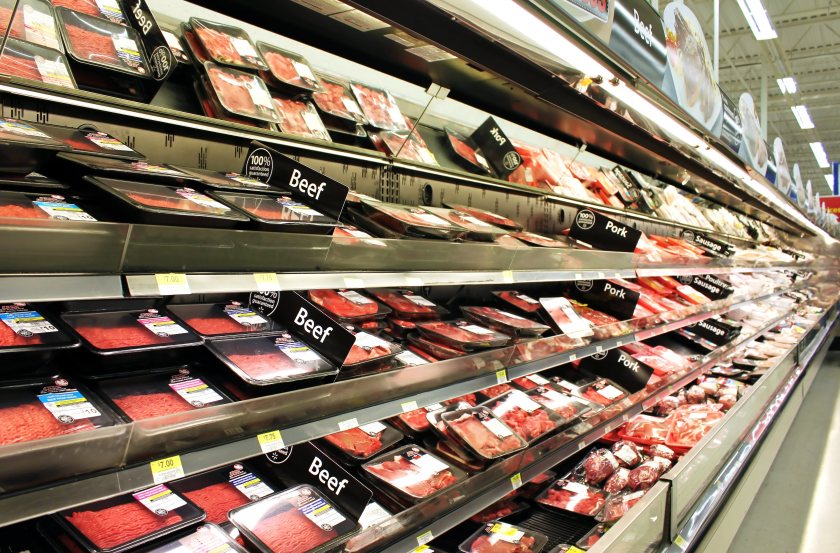
The British Veterinary Association (BVA) has called for mandatory method of production labelling, saying it will help post-Brexit farmers with a unique selling point.
It would provide consumers with the clear welfare labelling they want, the Association said.
BVA will be adding its voice to the 'Labelling Matters' campaign for the introduction of mandatory method of production labelling of meat and dairy products.
This would help consumers across the UK to answer the simple questions "How was this animal kept?" and "Did this animal die a humane death?", including stunning before slaughter.
A key element of the Labelling Matters campaign is that mandatory method of production labelling must be underpinned by robust welfare outcome safeguards, with on-farm welfare assessments ensuring that high welfare standards are being achieved.
Legislation for mandatory method of production labelling has been implemented already for shell eggs, which must legally be labelled either as “eggs from caged hens”, “barn eggs”, “free range” or “organic”.
Labelling Matters wants to see this principle extended to meat and dairy products from other farmed animals.
Public want information about animal welfare
Evidence shows that consumers in the UK and across Europe want clear food labelling with information about animal welfare.
The majority of European consumers are confused by current labelling and are often unable to tell what the welfare standards are for animals used in the product, according to European Product Labels Research commissioned by Labelling Matters.
80% of EU consumers want labelling that clearly shows which farm system was used to produce their meat and dairy product.
94% of vets believe UK consumers of meat and fish should be better informed about slaughter methods, BVA's own Voice of the Veterinary Profession survey found.
A study of 13,500 meat consumers across 27 EU Member States found that 72% want information about the stunning of animals when buying meat.
'Market support for British farmers'
BVA President Sean Wensley said: "For vets it's a top priority that the animals we rear for food have a good life and a humane death.
"Research shows that vets are not alone in caring about where their food comes from.
"Mandatory method of production labelling makes sense on a number of fronts: consumers can be clearly and consistently informed about how the animals reared for their meat and dairy products were kept, with on-farm welfare assessments assuring high standards.
"Mandatory method of production labelling would give unambiguous information to the high numbers of consumers who care about animal welfare when buying meat and dairy products.
"It will help ensure market support for British farmers who pride themselves on achieving the highest welfare standards," Mr Wensley said.
